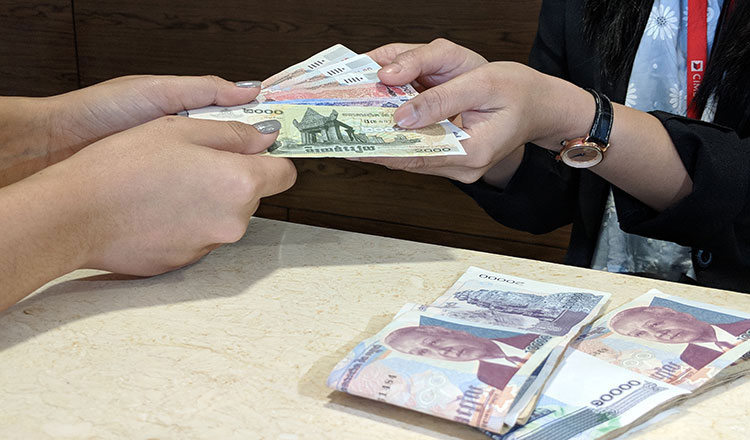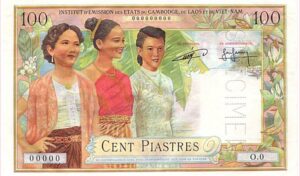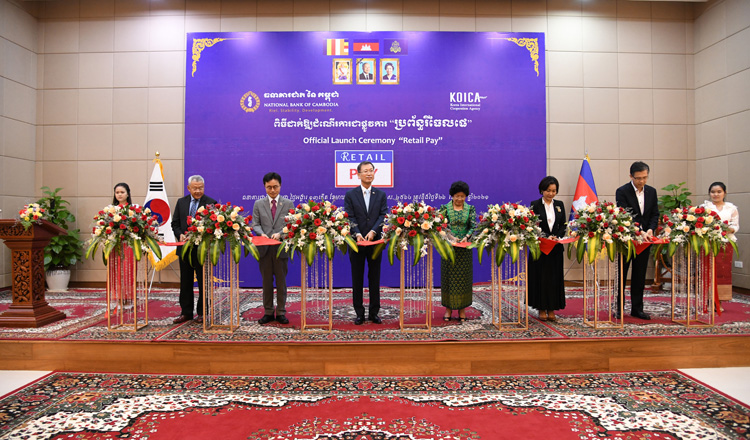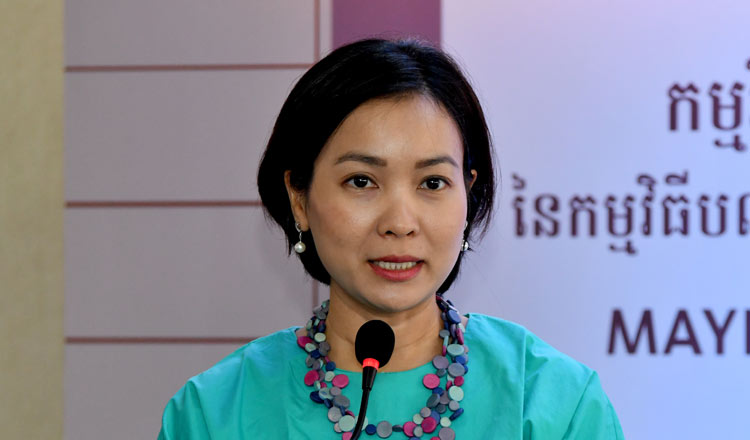JICA discusses riel use and its impact on fiscal and monetary policy
The representative of the Japan International Cooperation Agency (JICA), Shinohara Yuji, said recently he believed that the use of local currency in Cambodia would keep growing, particularly after COVID-19.
Yuji stated that the increased usage of riels in the market gives the National Bank of Cambodia (NBC) more control of the nation’s financial challenges.
The use of monetary policy by central banks to manage economic activities is very common throughout the world, including in Japan. The continued use of the dollar prevents Cambodia from effectively implementing its monetary policy and from being fully in control of its financial system because it leaves the Kingdom vulnerable to change in monetary conditions in the United States. This results in a direct effect on the value of the riel, with inflationary or deflationary consequences, based on US monetary policy.
Currently the NBC balances the exchange rate between the riel and the dollar very well, maintaining the rate at approximately 4,000 riels per $1. Yet the increase in the use of the riel should allow the NBC to control the exchange rate even better, said Yuji.
Yuji added that JICA has conducted an empirical survey of the usage of the riel in order to provide policy advice from an academic perspective to officials of the Royal Government of Cambodia. Policy advice and the conducting of investigative research are important parts of the work JICA undertakes in the Kingdom.

Yuji said the NBC has implemented various measures to promote the use of the riel. For instance, in 2016, the NBC requested banks and financial institutions in Cambodia to secure the level of riel-designated loans in their lending portfolios to at least 10 percent by the end of 2019.
Yuji pointed out that JICA has conducted multiple surveys to investigate the actual impact of this policy. Those findings are passed on to the Cambodian government as technical and academic input on policy to assist officials in crafting decisions based on the widest and most current array of data.
JICA has supported many exchange students from the NBC and ministries to visit Japan to study economics. This human resource development is important because Japan has a wealth of experience and knowledge in this area, especially compared with other Asian countries. Therefore, JICA aims to increase the number of such students to provide Cambodian government officials with a deep understanding of monetary policy.
Yuji also noted that in terms of fiscal policy, as the International Monetary Fund (IMF) has also said, Cambodia controls its debt very well. He added, though, that the most important thing for enhancing quality of life in Cambodia is that good debt management must be balanced with sound budget management and appropriate government spending.
“We believe that our involvement in things such as road construction and port management in Sihanoukville are examples of good technical assistance in appropriate government spending,” he added. Khmer Times







